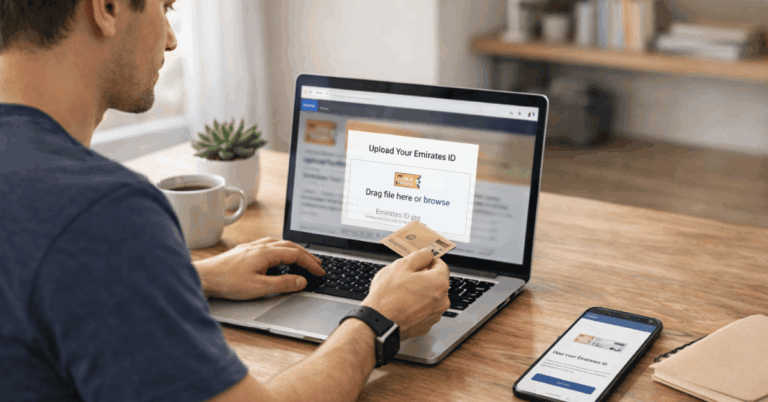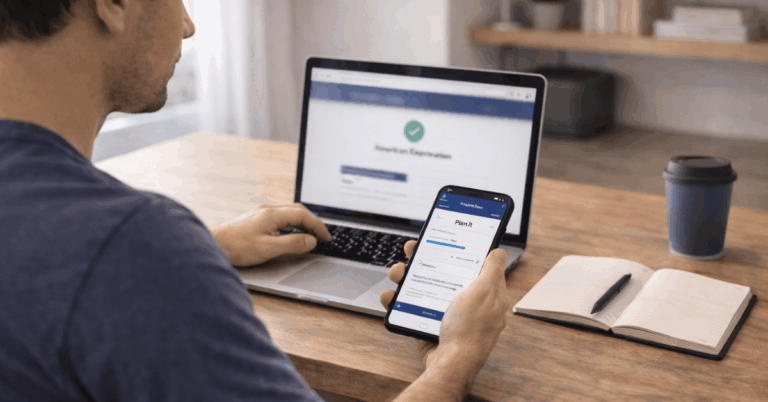Free mobile apps are tempting, offering convenience without cost.
But beneath the surface, these apps can come with significant risks, from privacy concerns to hidden expenses.
Before you download, it’s crucial to understand the potential dangers that could impact your data, security, and wallet.
Risk 1: Data Privacy Concerns
Data privacy is a significant risk with free online banking and virtual phone number apps.
These apps often handle your data in ways that need clarification. Here’s what to consider:
- Extensive Data Collection: Free online banking apps often collect personal data like financial info, location, and contacts, sometimes without your complete consent.
- Third-Party Sharing: Virtual phone number apps may share your data with third parties, such as advertisers or data brokers, who could use or sell it.
- Inadequate Data Protection: Free apps may lack strong security, leaving sensitive info in free online banking apps vulnerable to breaches.
- Lack of Transparency: Virtual phone number apps might need to disclose how your data is used, leaving you in the dark about potential risks.
Risk 2: Hidden Costs
Free apps often come with hidden costs that can add up. Here’s what to watch out for:
- In-App Purchases: Blackjack game apps and Lords Mobile frequently encourage spending on virtual items and upgrades.
- Subscription Fees: My Verizon and Nextiva typically start free but charge fees if you don’t cancel.
- Ad-Driven Charges: Free apps such as Lucktastic and Mico display ads that can lead to unintended charges.
- Data Usage Costs: Streaming and gaming apps, including OctaFX, can generate higher data charges.
- Upgrade Pressure: Free clock-in and clock-out apps and the Cafe app often limit features, prompting users to upgrade.
Risk 3: Security Vulnerabilities
Security vulnerabilities in free mobile applications can expose your device and data. Here’s what to be aware of:
- Weak Encryption: Many free programs, especially lesser-known ones, use weak encryption, making data more accessible to intercept.
- Malware Risks: Some free downloads from unverified sources may contain malware, compromising your device’s security.
- Unsecured Connections: Applications without secure connections (HTTPS) open your data to interception.
- Excessive Permissions: Free tools often request too many permissions, which can be exploited if compromised.
- Lack of Updates: Free platforms might not get regular security updates, leaving them vulnerable to exploits.
Risk 4: Poor Quality and Functionality
Free mobile applications often need more functionality, leading to a less satisfying user experience. Here’s what you may encounter:
- Limited Features: Apps like Best Puzzle Game or Easy App Builder often restrict key features, urging you to upgrade for full functionality.
- Frequent Bugs: Applications like the best multiplayer phone games may not undergo thorough testing, leading to more frequent bugs and crashes.
- Lower Performance: Free games, such as the top free or best mobile RPG games, may be slower or less responsive due to minimal optimization.
- Intrusive Ads: Many free tools, including a free no-code app builder, bombard users with ads that disrupt the experience and reduce usability.
- Lack of Customer Support: Free platforms, like best mobile games, typically offer little to no customer support, leaving you to handle issues on your own.
Risk 5: Excessive Ads
Excessive ads are frequent in many free mobile apps, significantly detracting from the user experience.
These ads can disrupt your activities and even lead to unintended costs. Here’s what you should be aware of:
- Constant Interruptions: Free games and utilities often bombard users with ads that frequently interrupt gameplay or other tasks.
- Intrusive Ad Formats: Full-screen and unskippable video ads are common, forcing you to wait or interact before continuing.
- Accidental Clicks: Ads are sometimes placed strategically to encourage accidental clicks, which can lead to unwanted actions or charges.
- Data Consumption: Video and multimedia-rich ads consume large amounts, quickly reducing your data allowance.
- Limited Access: Some apps only allow features if you watch ads, making the app less functional and more convenient.
Risk 6: Frequent Updates and Permissions
Frequent updates and excessive permissions are common in many free mobile apps, often compromising privacy and convenience. Here’s what to watch for:
- Constant Updates: Free apps often require frequent updates, disrupting usage and consuming data and storage.
- Permission Overreach: Many apps request more permissions than necessary, like access to your contacts or location, raising privacy concerns.
- Forced Updates: Some apps may auto-update without consent, introducing unwanted features or changes.
- Background Data Usage: Frequent updates can increase background data usage, affecting your data plan and device performance.
- Invasive Permissions: Apps may request permissions to access sensitive information or functions not directly related to their purpose.
Risk 7: Lack of Support and Updates
Many free mobile apps need more support and infrequent updates, which can lead to a poor user experience.
These issues can leave you with unresolved problems and outdated features. Here’s what you should be aware of:
- Limited Customer Support: Free apps often offer minimal or no customer support, making it difficult to resolve issues or get help when needed.
- Infrequent Updates: Many free applications must be regularly updated, leading to outdated features, unresolved bugs, and security vulnerabilities.
- Abandoned Apps: Some developers may stop supporting free apps altogether, leaving you with a product that no longer functions properly.
- Delayed Bug Fixes: When updates are infrequent, bugs and issues may persist for long periods before being addressed, if at all.
- Compatibility Issues: Withps may become incompatible with new applications or devices without regular updates, reducing its functionality over time.
How to Choose Safe Free Mobile Apps
Choosing safe, free mobile apps requires careful consideration to avoid potential risks. Here’s a checklist to help you select apps that prioritize your security and privacy:
- Check App Store Ratings and Reviews: High ratings and positive reviews usually indicate a reliable and trusted app.
- Research the Developer: Opt for apps from reputable developers with a proven track record in creating secure applications.
- Review Permissions: Be wary of apps that request access to unnecessary data or device features, as this can pose a privacy risk.
- Look for Recent Updates: Regular updates show that the app is actively maintained, which usually means better security.
- Read the Privacy Policy: A transparent privacy policy helps you understand how your data will be collected, used, and protected.
- Download from Official Stores: Official app stores, like Google Play or the Apple App Store, perform security checks to minimize the risk of malicious apps.
- Check for HTTPS: Ensure the app uses secure connections (HTTPS) to protect your data when transmitted over the internet.
- Avoid Clones or Copycat Apps: Clone apps may appear legitimate but can be malicious. Stick to the original, trusted version.
- Test the App First: Start with limited access or non-sensitive information to see how the app behaves before fully committing.
- Use Antivirus Software: Scan new apps with antivirus software to detect and prevent potential threats before installation.
Closing Note: Know the Risks Before Downloading Free Mobile Apps
Free mobile apps can come with hidden risks that impact your privacy, security, and overall experience.
Being aware of these potential dangers is crucial before downloading.
Stay informed and choose wisely—always research and consider paid options for a safer and more reliable experience.










